Over the past decade, Young Adult literature has been making its way to the big screen through series like Harry Potter and The Hunger Games. The rise in popularity of these ongoing worlds hasn’t gone unnoticed, and many authors and readers alike will be looking for that next literary escape. In our latest interview, we talk with Ilana Waters, author of the new The Adventures of Stanley Delacourt trilogy. In the intervew below, we cover both her journey as a writer and Stanley’s journey through the world of Hartlandia. We also mix in some discussion on the changes in the writing industry, so there’s a little bit of something for everyone. Enjoy.
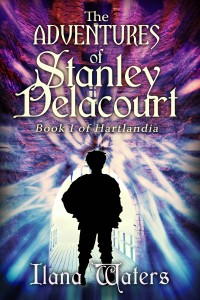 Congratulations on the recent release of your first novel, The Adventures of Stanley Delacourt: Book I of Hartlandia. How does it feel to be a published author?
Congratulations on the recent release of your first novel, The Adventures of Stanley Delacourt: Book I of Hartlandia. How does it feel to be a published author?
Thank you so much for your well wishes, Mr. Schmidt! It feels very gratifying to finally have this book in the world. It’s been in my head for nearly ten years, hollering to get out!
Can you tell our readers a bit about the novel?
Ten-year-old Stanley Delacourt loves his quiet life in the peaceful village of Meadowwood. At least, he does until his best friend is killed. Then the town library—where Stanley lives and works—is burned to the ground. The individuals responsible for both tragedies are a nasty group of soldiers. They work for the kingdom’s new leader: Christopher Siren.
No one understands the rules Siren’s creating. They don’t know why breaking them means death, or why the leader is so keen to destroy books. And no one can figure out where the former queen and king disappeared to—or if they’ll ever return.
With the grown-ups too fearful to take action, Stanley vows to confront Siren. He plans to get answers and demand justice. Little does he know that his journey will involve sword-wielding knights, kidnapper fairies, and dark magic.
Stanley has only two allies back home. One is an intimidated witch named Meredith. The other is a young apothecary called Sophie—who may have enchantment problems of her own. Can they help him discover the reason behind Siren’s crimes and end this terrible reign? Or is Stanley set to become the next victim in the tyrant’s evil plot?
If you enjoy the fantasy works of Rick Riordan, Lemony Snicket, or Philip Pullman, then explore the world of Stanley Delacourt today!
Although the book is set in the fictional Hartlandia, the story begins in the village of Meadowwood. I couldn’t help but be reminded of The Shire and other literary towns that time forgot. Where did you draw your inspiration from for these worlds?
It’s funny you reference works like The Hobbit and Lord of the Rings—that’s sort of the feeling I was going for. Not to copy Tolkien of course, but to return to that need for home deep within us. I specifically wanted to create a timeless world where nothing changed—until adventure came calling!
As the title suggests, in the book we’re following the journey of young Stanley Delacourt, a shy, quiet, but precocious boy. He’s obviously had to grow up a lot faster than most kids, but it’s obvious he still has a youthful fascination with the world. What was the thought process that went into creating this character, and do you feel like he’s an identifiable figure for any particular type of reader?
The character is a combination of someone I knew in real life, and my own relationship with the world. Specifically, Stanley is the part of me that is (was?) afraid to take a chance. Some of us won’t do anything outside our comfort zone unless we’re pushed to. And as you can see from your reading, Stanley is definitely pushed! I think shy, quiet kids (and some adults) can relate to him, as well as anyone who wants to escape the real world . . . but can’t.
Correct me if I’m wrong, but I believe you plan to turn this book into a trilogy. Do you already have the entire adventure mapped out, or is the story still evolving?
You are correct, sir! The Adventures of Stanley Delacourt is indeed the first of a trilogy. I have the adventure mapped out for Book II of Hartlandia, but Book III is still evolving. However, I am planting seeds in Book II that will sprout into exciting things in Book III. The most exciting part is . . . not even I know what they are yet!
Without giving too much away, will Stanley’s journeys give readers a glimpse into the full world of Hartlandia? You mentioned earlier that ‘need for home’ that Meadowwood provides to readers, so I’m wondering if you will continue to come back to that setting.
Wow—you ask very insightful questions! Rest assured that I will flesh out a great deal more about Hartlandia. I plan to do this throughout the trilogy, as well as other novels, novellas, and short stories that take place in that world. Meadowwood remains a setting throughout the first and second volumes. However, in the third one, the main characters will once again have to venture outside their comfort zones and leave the village.
You also mentioned earlier that you had this book in mind for 10 years. What was the tipping point in getting you to write and publish it?
I finally got to the point where I had to follow my dream of being a writer. I was in a very stable job, but it failed to satisfy me (to say the least). I thought I’d got what I wanted. But when it wasn’t enough to make me happy, I decided to take the leap into something that did. To my delight and surprise, Stanley was waiting.
What are your thoughts on the Young Adult genre in literature today? Obviously big name series like Harry Potter or The Hunger Games have made people of all ages take notice.
I think the Young Adult (YA) genre today is fantastic. I wish we’d had books like this when I was a teen. I mean, we did to some extent, but not nearly in the numbers we have now. There were a few Middle Grade (MG) and YA fantasy authors, like Tamora Pierce and Patricia C. Wrede. But most literature—especially fantasy—was aimed at adults. If you were younger and not up to that reading level, there was little from which you could choose. Now we have things written at all levels, being enjoyed by all ages. It’s a great time to be a writer for young people!
I’m big on technology, so I’d like to know what you think about e-readers and self-publishing methods that allow more authors to get their works to more people. What has this done for you personally, and do you feel like this is necessarily a good thing for the industry?
I used to despise technology. Then, with a lot of practice (and more than a little hair-pulling), I slowly realized its benefits. I think a lot of this had to do with online shopping. ![]()
And that’s sort of what e-readers (and free e-reading apps) are all about, in a way. The bridge between authors and readers has shortened considerably, making for a much more streamlined experience. What this has done for me (and countless other authors) is let us launch new careers over which we have complete control. Of course, it also comes with a ton of work, but I think the freedom is worth it.
I also think the new technology is a great thing for the publishing industry in general. Readers get more books faster and cheaper. Their money is then freed up to pursue traditionally-published books as well, so that side of the industry benefits. Really, I think whatever is done to get people reading more can only be good for the business side of things.
Readers can pick up Book I of Stanley’s adventures right now, but when can we expect to see the sequel?
I’m hoping to have the sequel to Stanley out sometime in 2013. But before that, I’ll have a Hartlandia novella and short story made into e-books. Oh, and a vampire paranormal romance as well—really! Because I heard there was a shortage. ![]() So hopefully, readers who enjoy Stanley will have something to tide them over until that sequel!
So hopefully, readers who enjoy Stanley will have something to tide them over until that sequel!
Thank you for your time.
Thank you, Mr. Schmidt, for having me on your site!
© 2012 – 2013, The Indie Mine. All rights reserved.


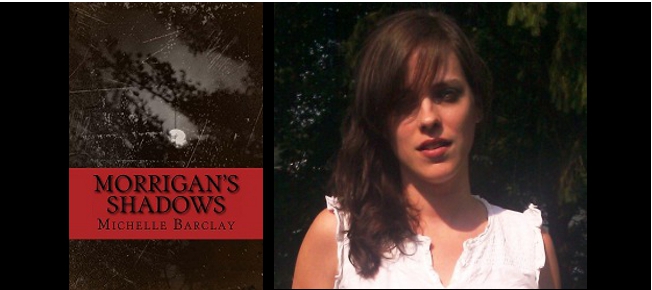
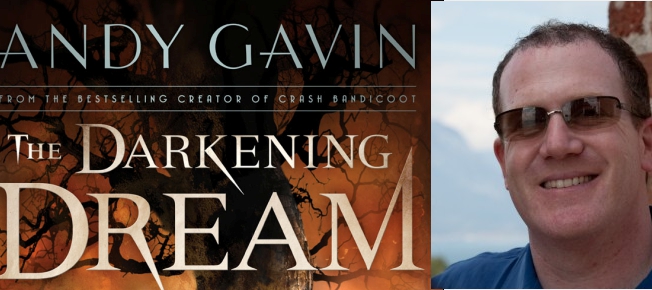
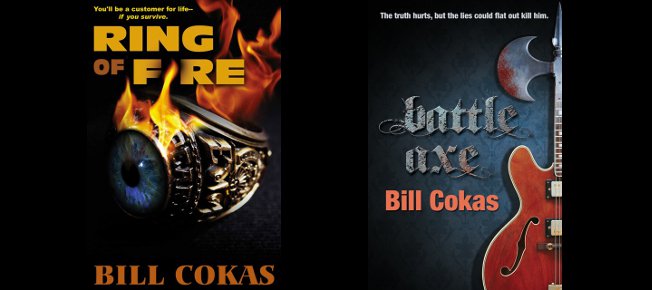
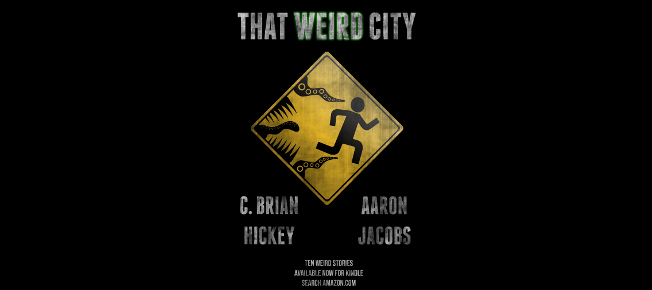
Thanks so much, Brandon, for having me on your great blog! And good luck to all who enter the giveaway.
And good luck to all who enter the giveaway.
Looks like an interesting read. always looking for something new to read. thx for the chance.
opps, forgot my answer I always enjoyed the Adventure aspect of young adult novels.
I always enjoyed the Adventure aspect of young adult novels.